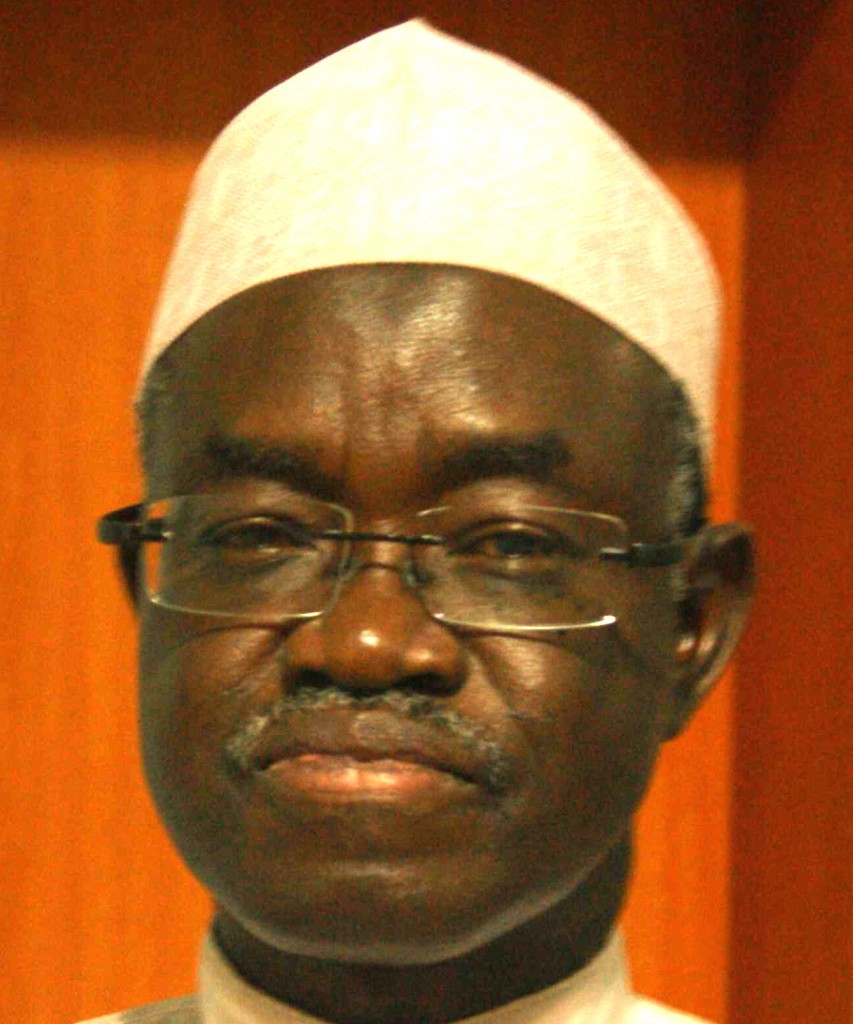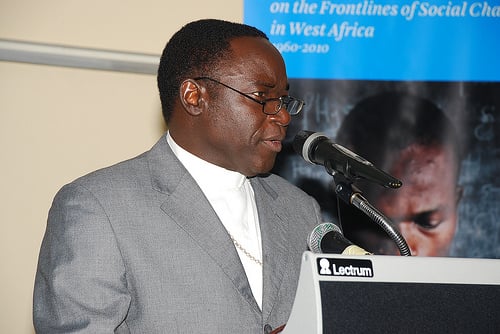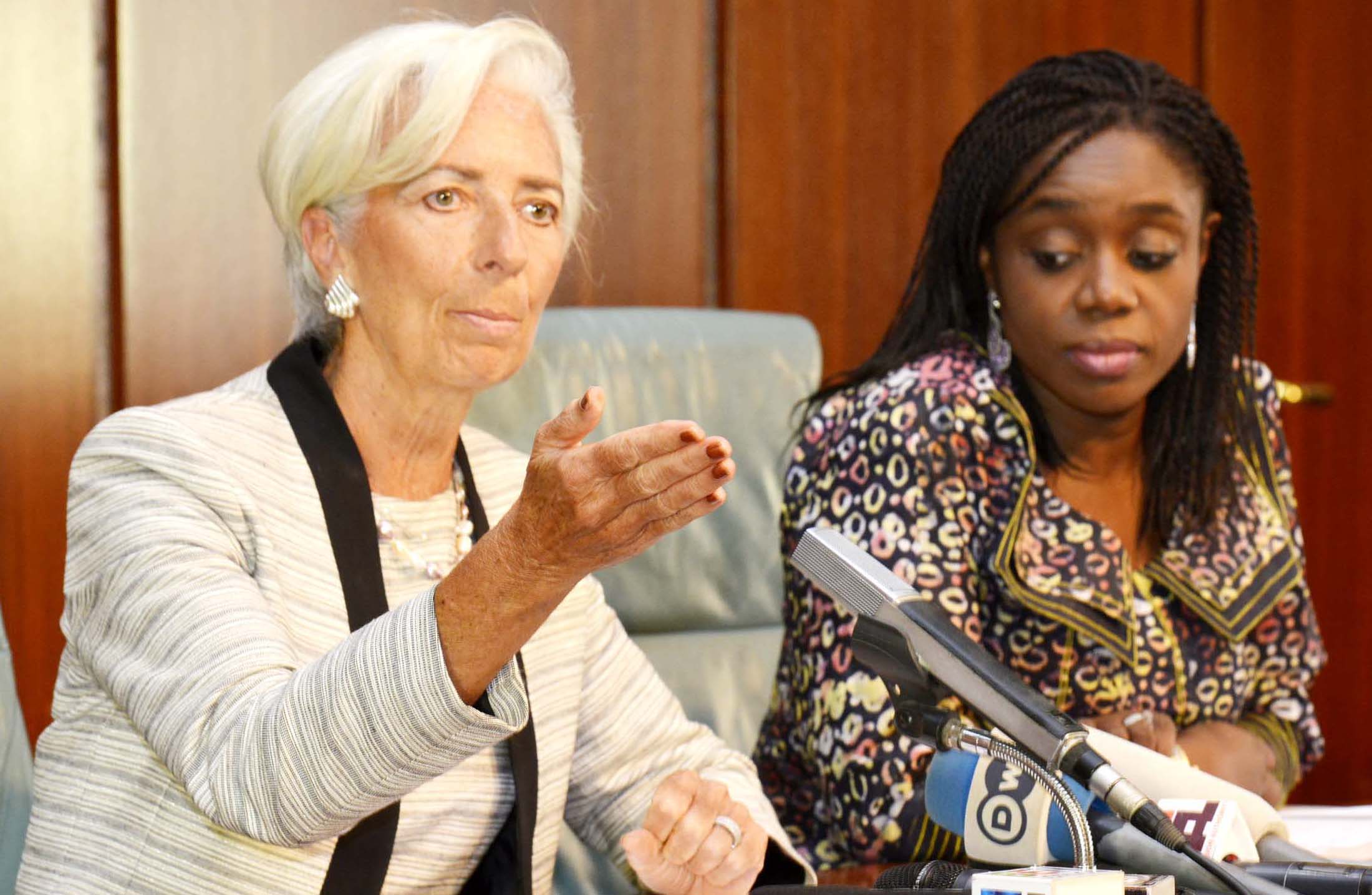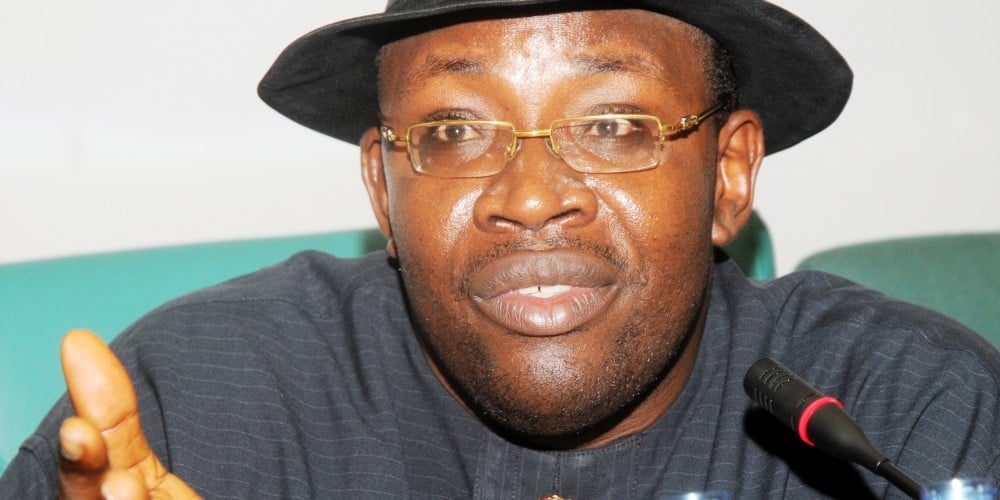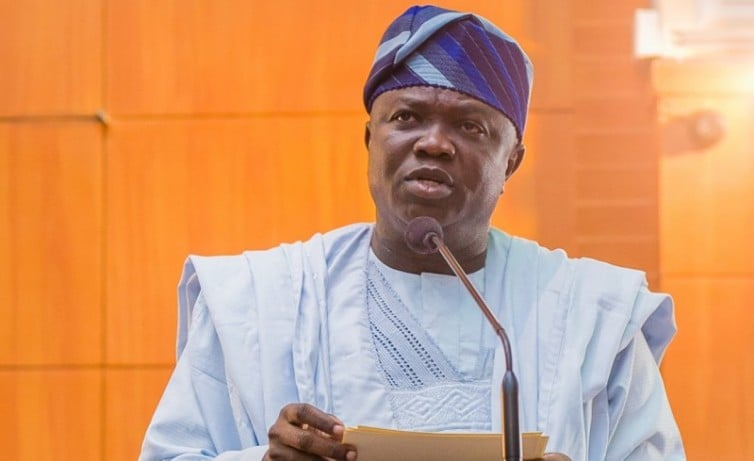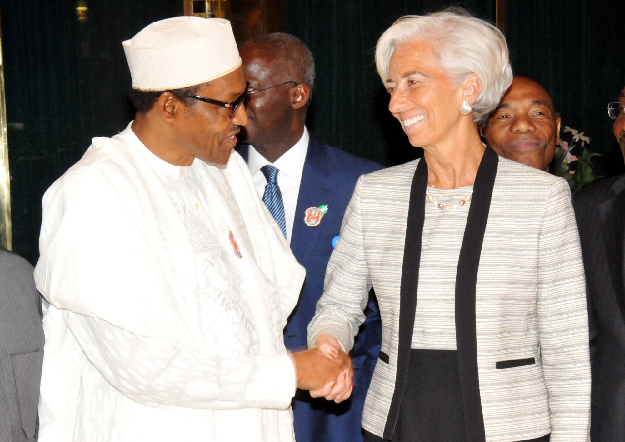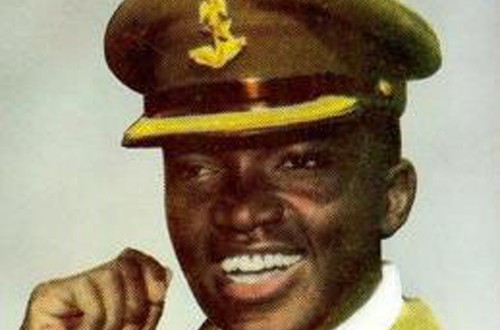Likely as not, Abdulmalik Jada, who said he has been a regular reader of this column since 2007, will be disappointed this morning with this column. Of the over 80 texts and about ten emails I received in reaction to my column of two weeks ago on Bishop Mathew Hassan Kukah’s attack on Muslims and Islam, his email stood out as a plea for a ceasefire between me and the bishop.
“Please sir,” he said, “even if Kukah did not mean well for Islam and Muslims in those his presentations of Osogbo and Kaduna as aptly captured in your piece, he has called for a truce in his today’s response. This is the context in which I understand his piece. Sir, engage him no further please, as doing so will further deepen the Muslim-Christian chasm. Both you and Kukah are with followers from your different religions. Nigeria is already a carcass of itself. It needs serious managing. Otherwise it will implode.”
It is tempting to heed Jada’s plea because a shouting match between the bishop and me can hardly be helpful of the need for the country’s religious harmony and peace. The problem is that each time I have tried to engage the bishop in a debate – and this has happened more than once – he has replied with misrepresenting my arguments and, worse, calling me names. Indeed, this seems to have become his debating strategy, as I shall show in due course.
I can ignore, and have always ignored, the names he has called me. But I will not be fair to myself and to my religion if, because I want religious harmony and peace in the country, I do not rebut his misrepresentations of my arguments.
Advertisement
Over nine years ago when he reacted angrily to my column of July 12, 2006 in which I said Professor Jerry Gana would never be the president of this country, he did exactly the same thing. I said the professor would not be president in the run-up to the 2007 elections because he lacked credibility and convictions as someone who had defended every government in power since 1985 and because he misused religion for politics – something the bishop has always preached against.
In his angry response on July 21 which he entitled “Mohammed Haruna: Limits of demagoguery,” he condemned me as an “ethnic, regional and religious bigot.” My column, he said, was “a manifestation of a dangerous trend of intolerance that must be arrested before it institutionalizes fascism.” I had no problem with his name-calling. But I could not let his deliberate misrepresentation of my argument pass without response; Gana, he said I said, would not be president simply because he was a Northern Minority Christian! Without replying in kind – you do not, in any case, call a man of God names – I pointed out in a two-part rejoinder to his rejoinder that he never even attempted to debunk any of the three reasons I gave for my position.
Happily for me, a third party intervention from someone I never knew, who happened to be a Christian and who did not belong to my ethnic group or region, saw things my way. “If Mohammed is anti-Christian,” Ugochukwu Ejinkeonye, a columnist with the Daily Independent said in its edition of August 9, 2006, “he may have betrayed that in other essays, which I may have missed, since I am not his regular reader, but in this particular essay on Gana, I would be most glad if anyone can show me any portion that remotely suggests that he is against Gana’s presidential ambition because Gana worships the ‘wrong God’ (as Kukah put it.)” Ejinkeonye aptly titled his piece “Kukah’s Embarrassing Intervention.”
Advertisement
Of course, there must have been others who saw things the bishop’s way. But no fair-minded reader of my column since it started over 38 years ago will say I have ever attacked anyone, or indeed defended anyone, simply for what he believes in, where he comes from or what ethnic group he belongs to.
I am not so sure the same can be said for the bishop. And I should know because I have closely followed his writings since 1985 when, as managing director of New Nigerian Newspapers, I first offered him his first opportunity to write regularly on religion and politics from his Christian point of view.
Certainly it will be hard, if not impossible, to defend the bishop’s well known aversion to any criticisms of Presidents Olusegun Obasanjo and Goodluck Jonathan on grounds other than religion. The two most notorious instances were when he tried to defend the former’s Third Term agenda and when, more recently, he criticized President Muhammadu Buhari’s plan to wage war on corruption, especially under his predecessor.
On Obasanjo’s Third Term agenda, many readers may recall how, in his widely publicized interview in the Weekly Trust of March 4, 2006, he dismissed the popular criticisms of the agenda as “a useless conversion, a waste of energies” that did not deserve the attention it got. Obasanjo, he said, had done well by Nigerians and all those critical of his wish to carry on beyond his two-term limit were “political eunuchs” who did nothing to stop General Sani Abacha from trying to replace his khaki as military head of state with mufti as civilian president back in the late nineties.
Advertisement
“All these political eunuchs,” he said, “who were not able to do anything when General Abacha was around; suddenly everyone has cleaned his mouth and returned as a politician. Fine, but for God’s sake, after all was said and done, lets not forget where General Obasanjo was when he was picked up to become president. Nigerians don’t learn a lesson.”
The bishop alluded to these words again when he rejoined a rejoinder by Dr. Ebenezer Obadare, a teacher at the University of Kansas, America, to an article he had written in The Guardian of May 13, 2010 on what the bishop called “The Patience of Jonathan.” Jonathan’s rise to power, he said, “has defied logic and anyone who attempts to explain it is tempting the gods.”
Earlier in a lecture in Calabar as part of the yearlong celebration of the country’s Golden Jubilee, the bishop had said even stronger word in his attempt to deify Jonathan. This was less than a month after he was sworn in as president following the death of his predecessor, Umaru Yar’adua.
“With the swearing in of Dr. Goodluck Jonathan,” he said, “something has happened in Nigeria that may not happen again in the next 200 years.” He also said our new president represented “a metaphor of what our future might be.”
Advertisement
Dr. Obadare’s rejoinder in The Guardian of May 31, entitled “The impatience of Father Kukah” was to criticize the bishop, then the vicar-general of the Kaduna archdiocese, for trying to canonize Jonathan in both his Calabar speech and the newspaper article even before the man has settled down on his chair. Far from defying logic, Obadare said, Jonathan’s rise had a simple down to earth explanation. The new president, he said, was simply “the beneficiary of a swindle imposed on the generality of Nigerians by former President Obasanjo and the inner caucus of the Peoples Democratic Party.” The lecturer then proceeded to show how with facts and logic and in the most readable and most respectful language possible.
Two days later the bishop replied Obadare in another rejoinder that dripped with so much bile. Obadare, he said, was a confused man who misrepresented his position on Jonathan and, like those before whose pastime was “Obasajo bashing,” obviously enjoyed pursuing red herrings.
Advertisement
The bishop said he never set out to canonize Jonathan, as Obadare argued. All he said was that Jonathan was God’s miracle. But then, as any sensible person would ask himself, what are God’s miracles for if not to cure afflictions? And who did not know that Nigeria’s central affliction was poor leadership?
Penultimate Tuesday (January 5) the bishop, once again, indulged in denying what he clearly infers, if not what he actually says. And in doing so he also resorted to name-calling. I was, he said, a calumniator, odious, rabble-rousing and a bigot for accusing him of attacking Muslims and Islam in my column of two weeks ago. After all, he said, who does not know what an indefatigable champion of religious dialogue he is at home and abroad?
Advertisement
The problem with his argument is that you can give with your right hand but take even more away with the left. And there is also the question of how sincerely one’s commitment is to a cause.
The bishop said I did not provide any evidence when I accused him of consistently attacking Muslims and Islam. Either he did not read the piece closely or he chose to deny the evidence right before his eyes. When you compare Islam with apartheid, as the bishop did in his piece, I would not know what to call that but an attack on the religion. And when you say the demand by Muslims to be governed under Shari’a without imposing it on none-Muslims is the source of Boko Haram, I don’t know what that is if not an attack on my religion and me as a Muslim.
Advertisement
At any rate, if I provided no evidence in my article last time, the bishop himself provided plenty in his rejoinder, but one alone suffices. “My paper,” he said, “focused on how to protect religion (here Islam), from manipulation by politicians. I produced evidence to show how Muslim politicians had done this under democracy.” His assumption here is apparent; compared to Christianity, Islam is a weak vessel that requires protection. Indeed in his Osogbo lecture he said so categorically. “Islam,” he said, “must have an honest look at the mirror and have an internal discussion.”
I agree with the bishop that Muslims should have an honest conversation among themselves about how they interpret and practice their religion and how some of their leaders misuse it for politics. But I completely disagree with him when he says only Muslims are the villains in so doing. The evidence against his thesis stares right into his eyes from the way the Ganas, Obasanjos and Jonathans of this world – not to talk of many clerics he knows all too well – have used religion to feather their political and clerical nests.
Views expressed by contributors are strictly personal and not of TheCable.
Add a comment
